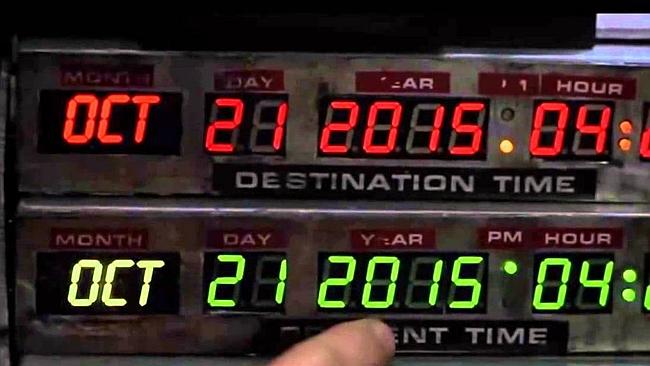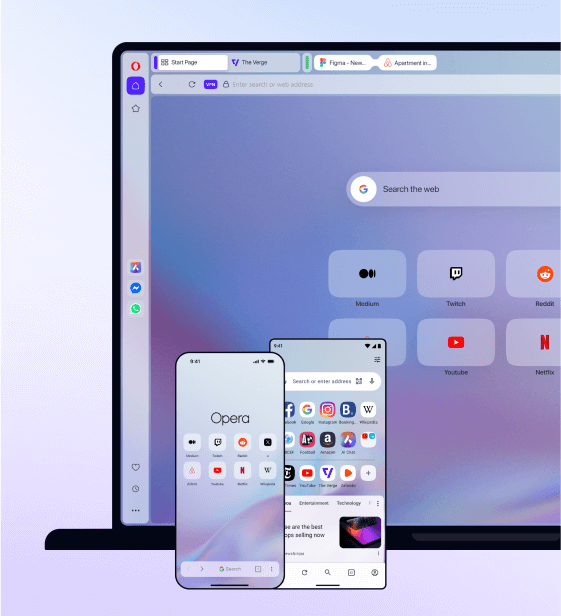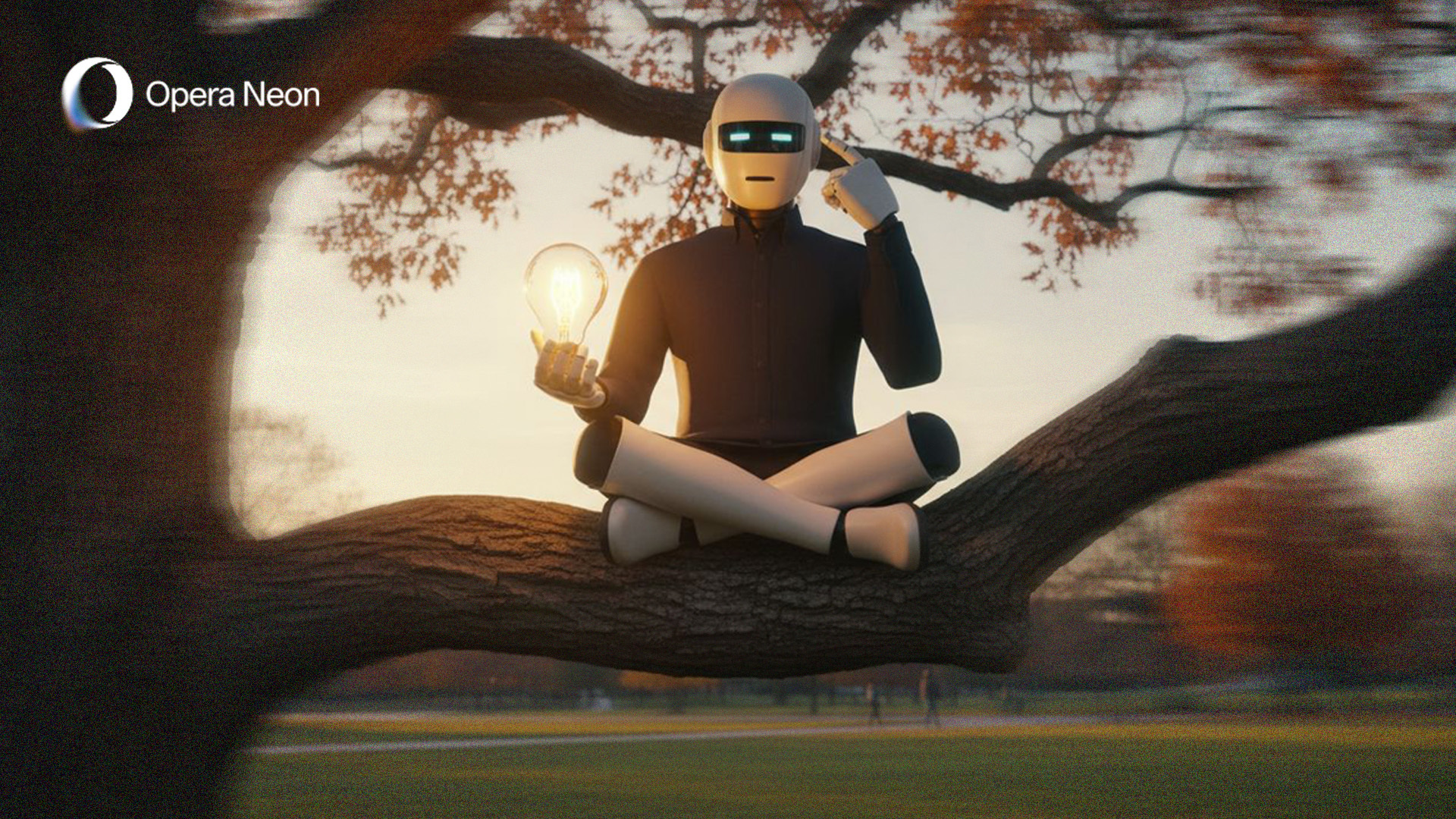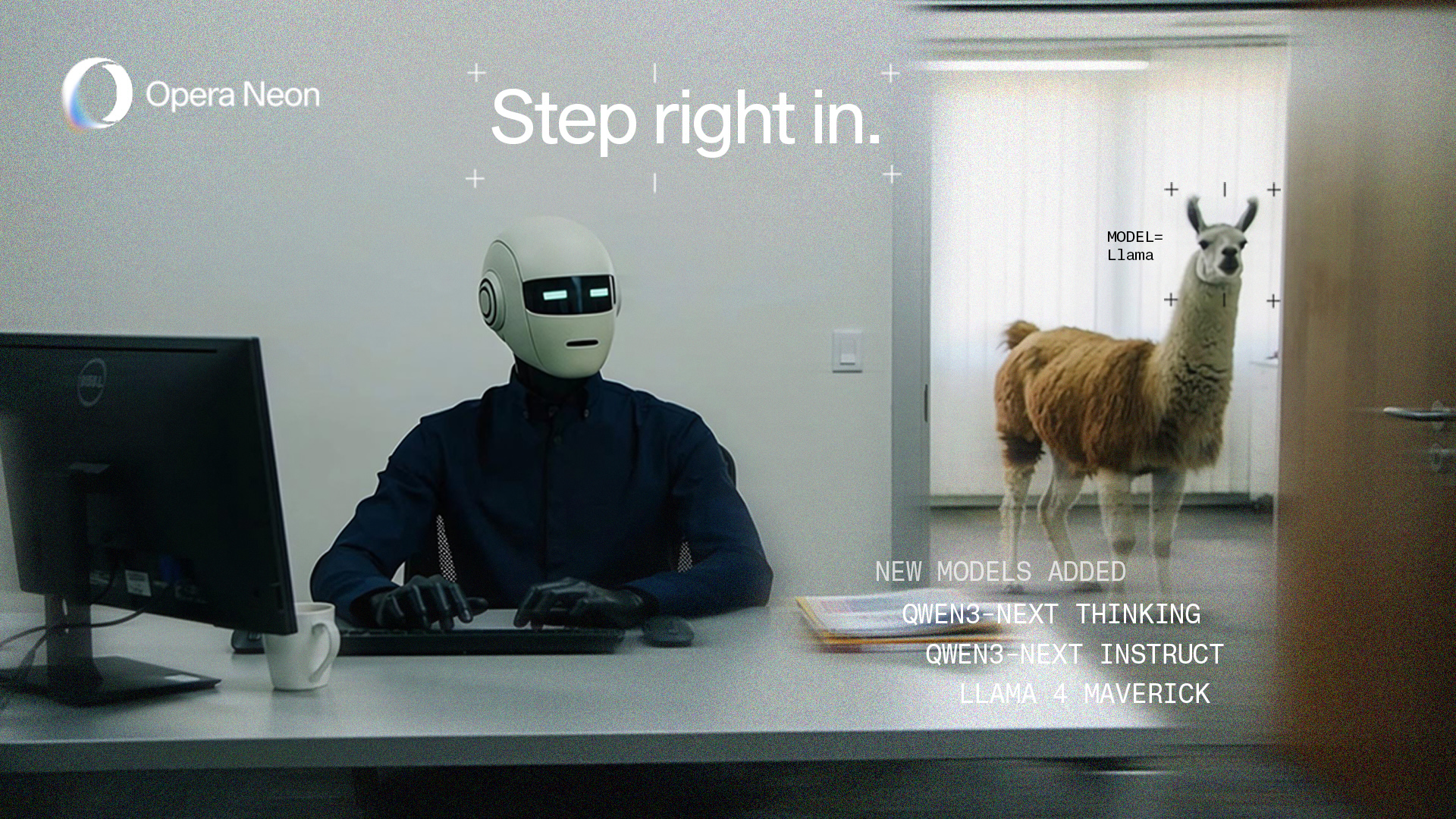Desktop, Mindfulness, Opera Air
Back to the Future Day and internet predictions

Today is Back to the Future Day.
A quick refresher: In the second film of the famous sci-fi series, Marty McFly (Michael J. Fox) and Emmett “Doc” Brown (Christopher Lloyd) made a leap in time from the 80s to the future. They “landed” on October 21, 2015.
Marty and Doc saw a lot of mind-blowing things in the world of the future. Released in 1989, this movie was full of tech fantasies and predictions.
Some of them haven’t come true, yet. For instance, we don’t have flying cars. We’re close. We’ve got super quiet, modern, electric cars. Paying for taxis with your fingerprint doesn’t look fictional, either. Yesterday, BBC published a neat overview of Back to the Future predictions.
Back to the Future II: Rights and wrongs https://t.co/F5qpawE4hQ
— BBC News Technology (@BBCTech) October 19, 2015
This made me wonder about internet predictions from a few years back. I found this extensive report by Pew Research Center from 2004. So, what did experts expect from the internet by 2015 and have their predictions come true?
Prediction 1: The internet will be more “integrated in our physical environments”
True. Since 2004, not only did browsing from the phones become more habitual, the internet even made its way to watches. More than that, Wi-Fi controlled home appliances are getting common and soon we expect internet-connected washing machines to become available.
Prediction 2: Internet connections get faster
This is an easy one. I witnessed this as a user. Back in 2005, I finally switched from dial-up to a broadband connection, which was just emerging in Russia. The difference in speed was tremendous! Looking back, I realize how spoiled I got. Now, video buffering makes me lose my patience.
Prediction 3: Virtual education spreads
True, in many forms. With more and more e-learning courses available online (including free ones), education is getting more accessible without you even leaving your house. We’re happy to contribute to this through our partnership with Worldreader.
In 6 months, 5 million readers have accessed this library of free e-books on #OperaMini: http://t.co/Wi8kX8Pxqz pic.twitter.com/v2JvA4Yi78
— Opera (@opera) October 14, 2015
Prediction 4: The internet changes the media landscape
True. Blogs, social media, YouTube and other new media definitely changed the way we look for info, discover news and explore content. For example, according to a recent study, 9 out of 10 people use Twitter primarily for reading breaking news.
It looks like that yesteryear’s experts got many predictions correct. As a side note: while reading the article, I feel the web has definitely become more visual since 2004. Today, I would expect these types of stats to come with a lot of infographics.
Do you remember some interesting internet predictions you heard before? Share them in the comments.
Oh, by the way, fellow blogger Jo showed up in a Back to the Future t-shirt today. She made sure everyone remembers the day here in the office!
Happy #BackToTheFuture day from @Opera HQ Great Scott! This is getting heavy! #BTTF2015 #FutureDay pic.twitter.com/qu4sln5LhA
— Jo Eyre (@JosieInCPT) October 21, 2015















